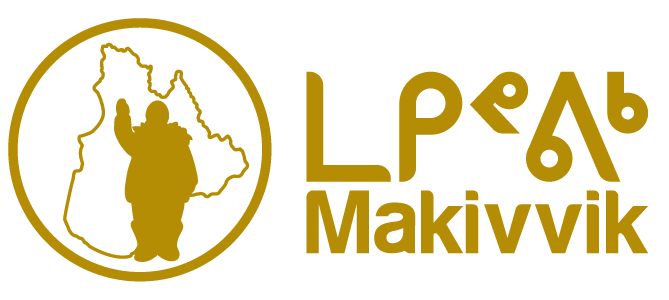“KRPF must return to its roots as an Inuit police force says the Makivvik president.”
PRESS RELEASE
August 13, 2020 – Kuujjuaq, Nunavik – Makivvik says it is shocked at a media report that show police related deaths are 30 times higher in Nunavik than the province of Ontario. The report also says the death rate in Nunavik is as least as high, if not higher than any other northern territory. According to reports from Quebec’s chief coroner’s office 17 Nunavik Inuit died between 2000 and 2018 while in police custody, detention or during or after interacting with police. Nunavik’s average population during the period was 11,746. By comparison the Nunavut Territory had 13 deaths with an average population of 32,441.
“This is simply unacceptable for Inuit,” said Makivvik President Charlie Watt. “This has been going on for decades. There should be an inquiry into the way the Kativik Regional Police Force handles Inuit who are apprehended. The KRPF was established under the 1975 James Bay and Northern Quebec Agreement as an Inuit police force replacing the Quebec Provincial Police. We need the KRPF to return to its roots as a Inuit police force under the direction of Inuit. I have suggested the hiring of an Inuk civilian to head the Nunavik Police but it has gone nowhere.”
Interestingly, this year the Quebec Government appointed a civilian to head the provincial police force, the Sûreté du Québec. This marked the first time a woman who has never been a police officer takes over the top job with the force.
The media report also included figures for the Yukon and the Northwest Territories. Both territories have an average population of more than 40,000 people. For the same 18-year period their rates of police-related death were five and six people respectively, substantially less than the Nunavik region.
In the early 1990s Makivvik held a Justice Task Force in Nunavik. Its final report was published in 1993 called “Blazing the Trail to a Better Future: Inuit Justice Task Force Final Report”. Among the recommendations, it addressed the need for an Inuit police force and a justice system that would be more responsive to Inuit culture, notably the Role of Inuit Customary Law and Traditions in the Justice System. The report recommended, “That training and education programs be developed and be made mandatory and ongoing for all personnel working within the justice system in Nunavik, as in the NWT.”
“I encourage my fellow leaders to work together and speak with one voice for positive change”, says Mr. Watt. “It’s going to take the efforts of everyone in Nunavik and governments to change course and direct us to the right place.”
-30-
Contact:
Carson Tagoona
Director of Communications
Makivvik
ctagoona@makivik.org
www.makivik.org
Makivvik is the land claims organization mandated to manage the heritage funds of the Inuit of Nunavik provided for under the James Bay and Northern Québec Agreement. Makivvik’s role includes the administration and investment of these funds and the promotion of economic growth by providing assistance for the creation of Inuit-operated businesses in Nunavik. Makivvik promotes the preservation of Inuit culture and language as well as the health, welfare, relief of poverty, and education of Inuit in the communities.

